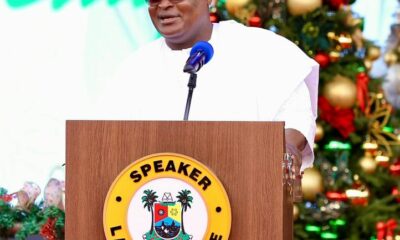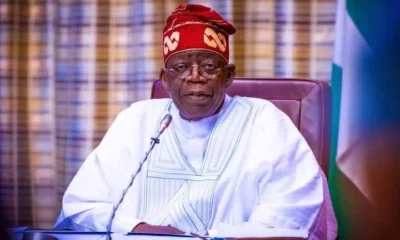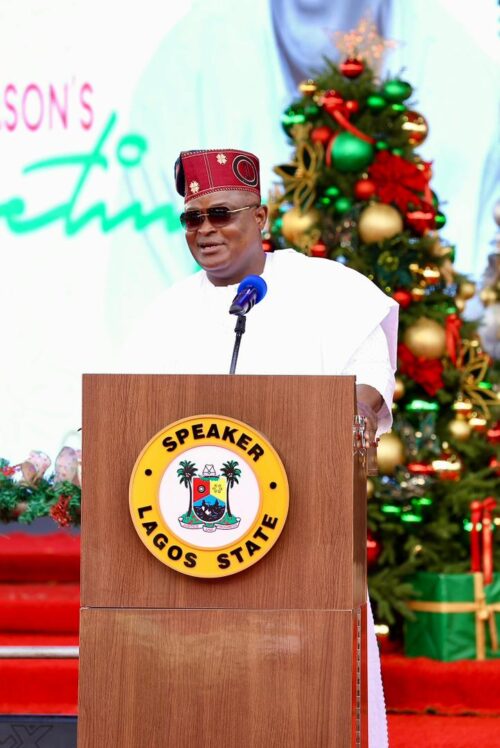- Share
- Tweet /home/porsch10/public_html/wp-content/plugins/mvp-social-buttons/mvp-social-buttons.php on line 69
https://porscheclassy.com/wp-content/uploads/2016/10/JAMB.jpg&description=JAMB To Reduce Cut-Off Mark From 180', 'pinterestShare', 'width=750,height=350'); return false;" title="Pin This Post">
-

 Uncategorized4 days ago
Uncategorized4 days agoUBA Partners CIG Motors, Lagride, Launches $100 Million “Drive to Own” Vehicle Financing Scheme [PHOTOS]
-

 BIG STORY5 days ago
BIG STORY5 days agoNigeria To Receive 24 M-346 Fighter Jets From Italy, ‘Largest’ Military Aircraft Acquisition In West Africa
-

 BIG STORY5 days ago
BIG STORY5 days agoBREAKING: Dangote Petitions ICPC, Demands Arrest of NMDPRA Boss Ahmed Farouk Over Corruption Allegations
-

 BIG STORY4 days ago
BIG STORY4 days agoBREAKING: NMDPRA Boss Farouk Ahmed, NUPRC CEO Gbenga Komolafe Resign As Tinubu Names New Oil Regulators
-

 BIG STORY4 days ago
BIG STORY4 days agoUS Adds Nigeria To List of Countries Facing Partial Travel Restrictions
-

 BIG STORY5 days ago
BIG STORY5 days agoSenate Asks NSA, DSS To Track Authors of Akpabio Death Rumours
-

 BIG STORY4 days ago
BIG STORY4 days agoPolice Arrest Popular TikToker Peller Over Reckless Driving
-

 BIG STORY4 days ago
BIG STORY4 days agoJUST IN: Tinubu Asks Senate To Confirm New NUPRC, NMDPRA Chief Executives




















